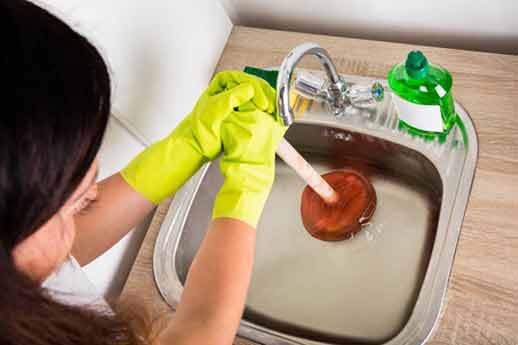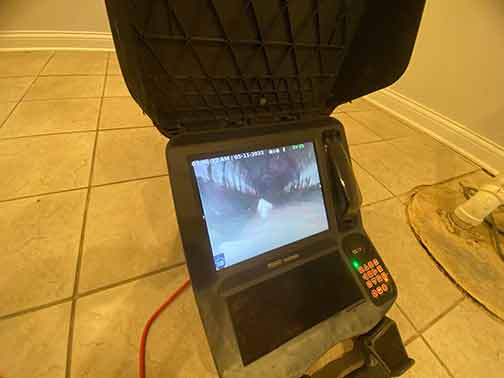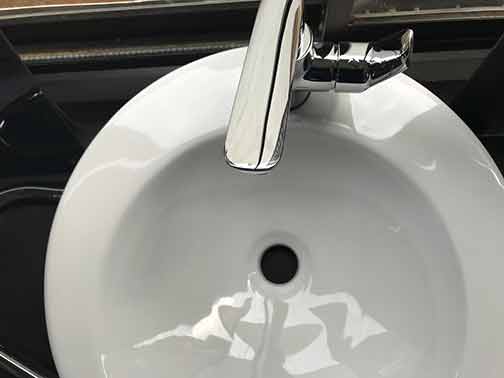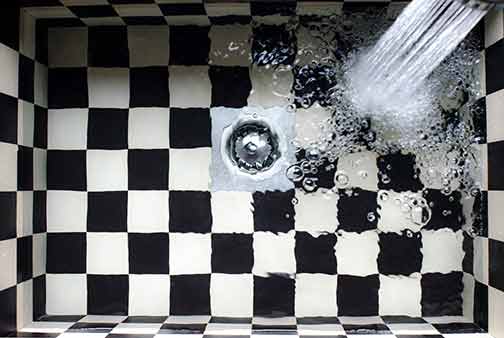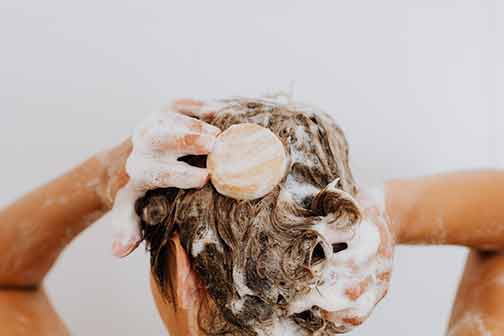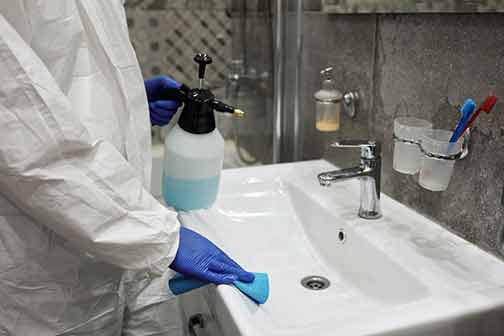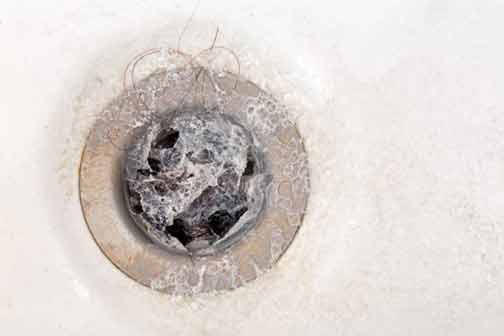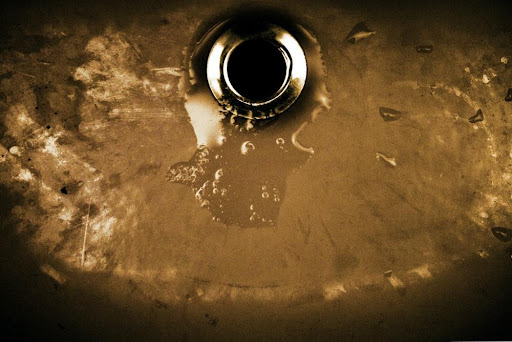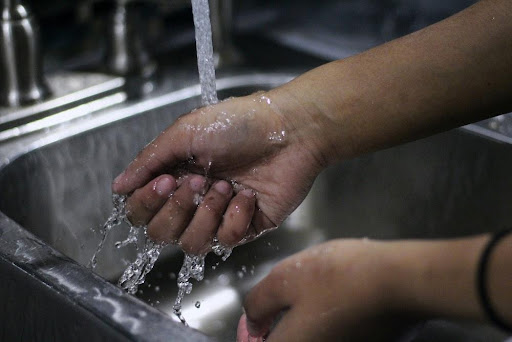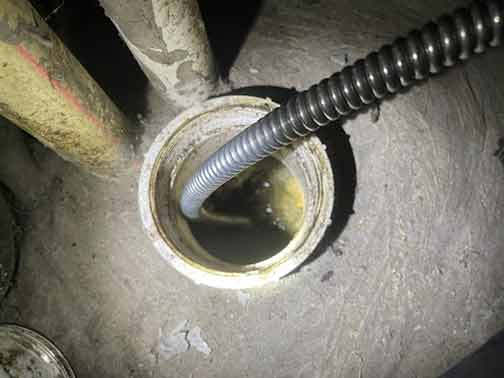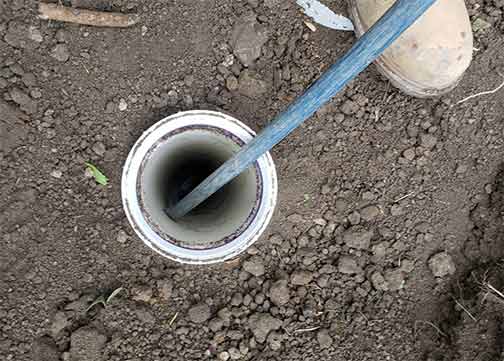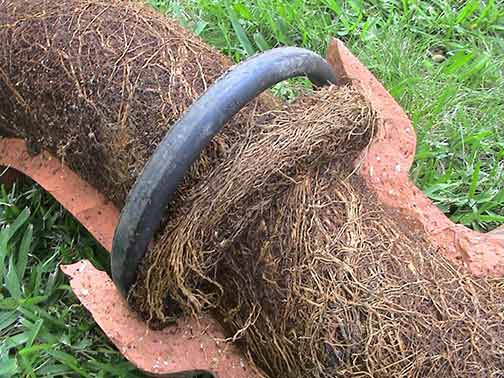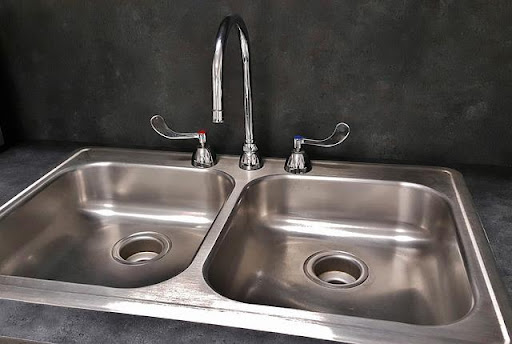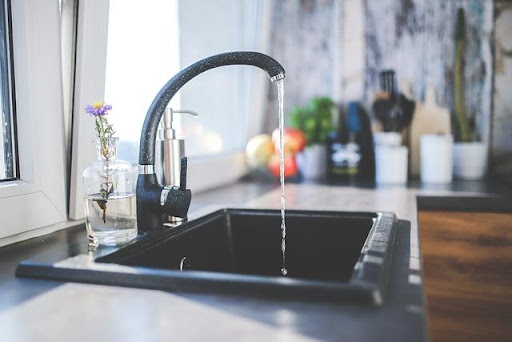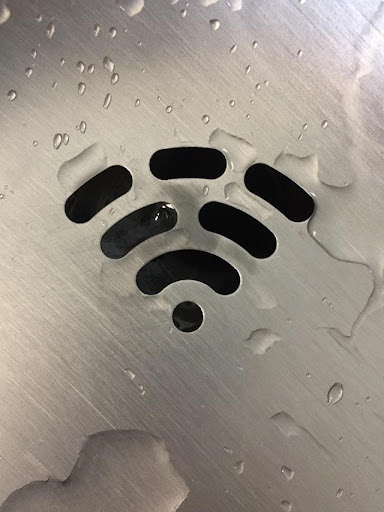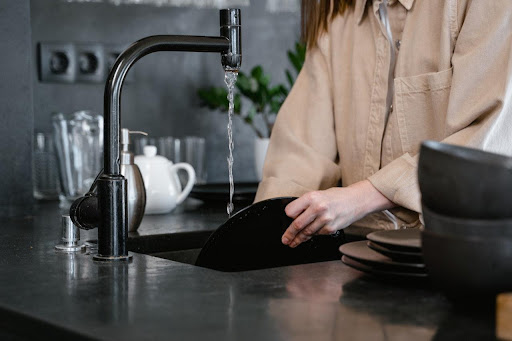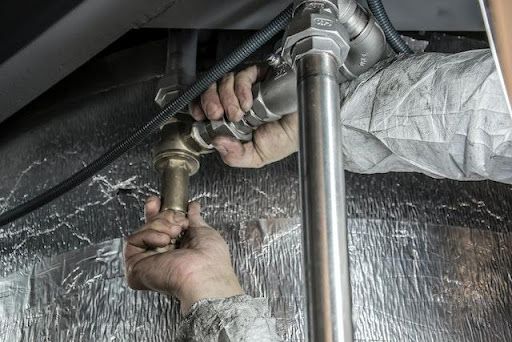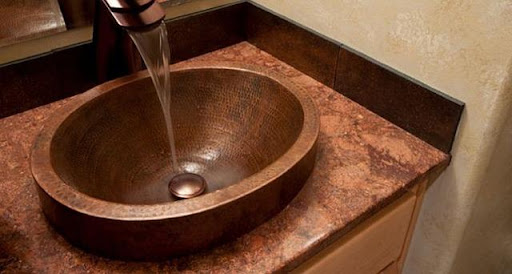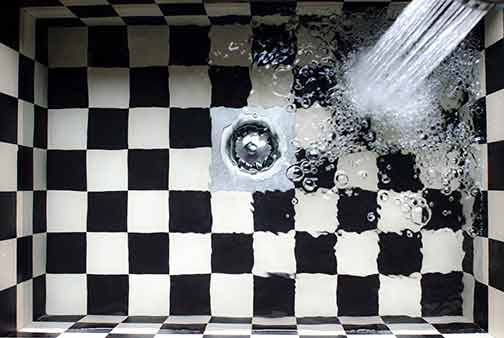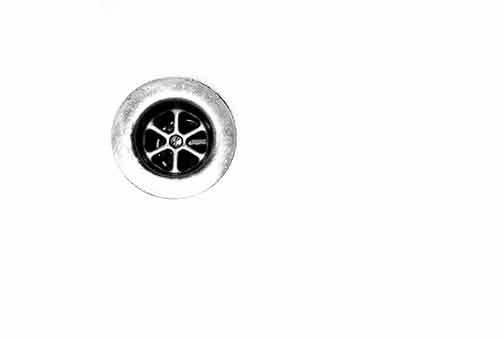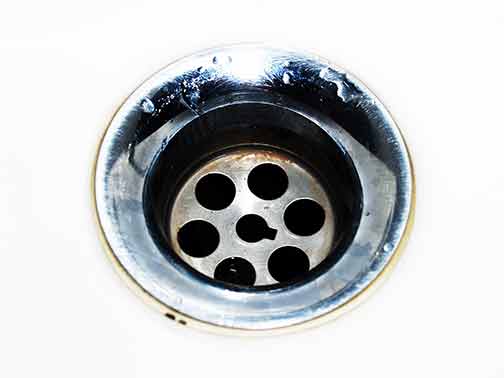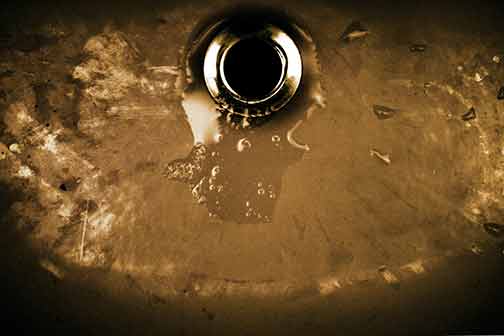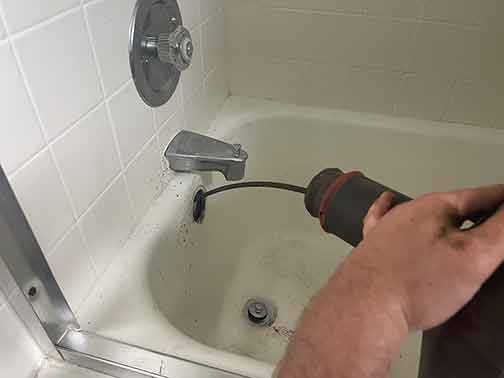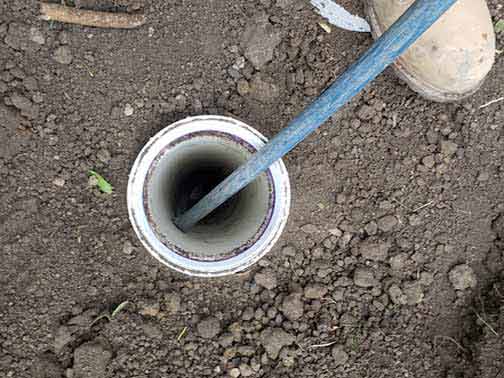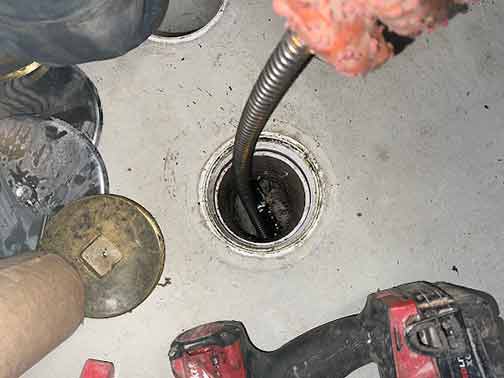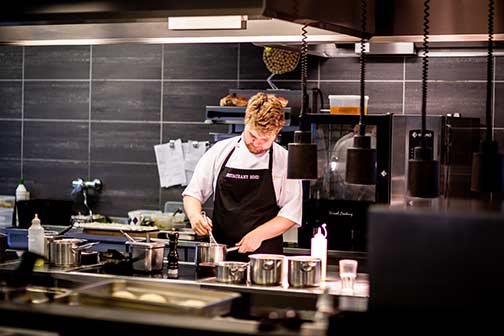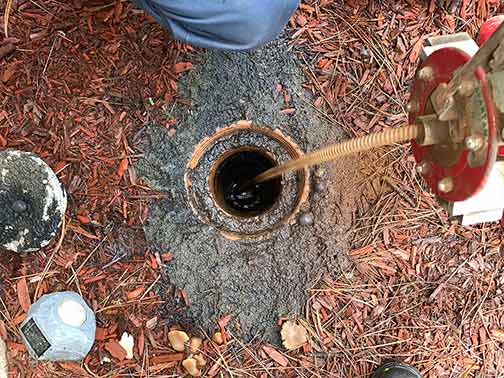
Whether it’s a slow-moving drain or a complete clog, a drain issue can be a major inconvenience that homeowners in Chicago would rather not deal with. Unfortunately, drain issues can happen almost anytime, and often at the least convenient time. Finding a reliable drain cleaning service in Chicago is important to address any issue and get things back to normal as soon as possible. Here are some expert tips to help you select the best drain cleaning service provider in Chicago.
Reputation
One of the first things you should consider when hiring a drain cleaning service in Chicago is reputation. You want to ensure you work with a company that has a positive reputation and a history of providing quality services that homeowners are happy with. You can start by asking friends, family, and neighbors for recommendations. Additionally, you can check online reviews and ratings on websites such as Google or Angie’s List to ensure the company has a good reputation.
Experience
Another important factor to consider when choosing a drain cleaning service provider in Chicago is their experience. A reputable company will have experienced plumbers who can handle different types of drain issues. Experienced plumbers have dealt with various situations and can effectively diagnose and address your problem. You can ask how long the company has been in business and how many years of experience their technicians have.
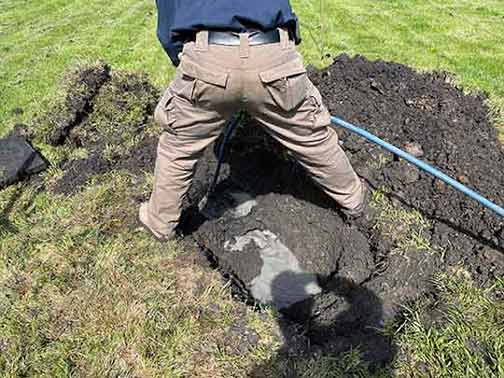
Cutting-edge technology is essential to ensure that the problem is solved effectively and efficiently.
Equipment and Technology
One of the most critical factors in selecting a drain cleaning service provider is the equipment and technology they use. You want to make sure the company utilizes modern and efficient tools to address your drain issues. Cutting-edge technology is essential to ensure that the problem is solved effectively and efficiently. Tools such as video drain cameras, high-pressure hydro jetting services, and electronic locating devices are a few examples of some of the modern technologies used by reliable drain cleaning service providers.
Licensing and Insurance
When choosing a drain cleaning service, it’s crucial to consider their licensing and insurance. Professional and reputable drain cleaning companies in Chicago must have the correct licensing and insurance required to provide services. These requirements ensure that the company and their technicians adhere to safety measures and codes. Working with a licensed and insured company gives you peace of mind knowing that you are dealing with a professional company and that any damages or injuries that might occur during the cleaning process are covered.
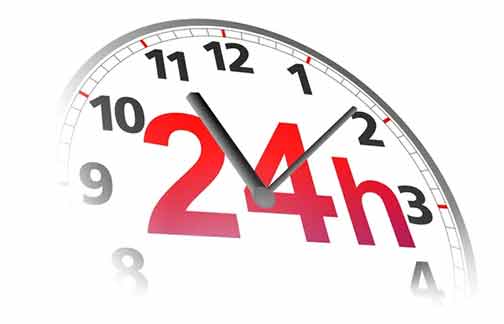
Drain issues can often lead to water damage or flooding if left unattended, so having a company that provides emergency drain cleaning services is vital.
24/7 Availability
Drain issues don’t always occur during regular business hours, and as such, it’s important to choose a drain cleaning service provider in Chicago that is available 24/7. Drain issues can often lead to water damage or flooding if left unattended, so having a company that provides emergency drain cleaning services is vital.
Customer Service
Lastly, customer service is another essential factor to consider when choosing a drain cleaning service provider in Chicago. A reliable and professional company will put their customers’ needs first, and their customer service should reflect this. They should have a friendly, knowledgeable, and responsive customer service team available to answer any questions or concerns you might have.
To Sum it Up
In conclusion, hiring a drain cleaning service provider in Chicago should not be taken lightly. It’s important to consider several factors, including the company’s reputation, experience, equipment and technology, licensing and insurance, 24/7 availability, and customer service. Taking time to research and evaluate companies will help you choose the best drain cleaning service provider that suits your needs and budget. By selecting the right plumbing company, you can address any drain issue quickly and efficiently, and avoid any further problems or damage.
—
